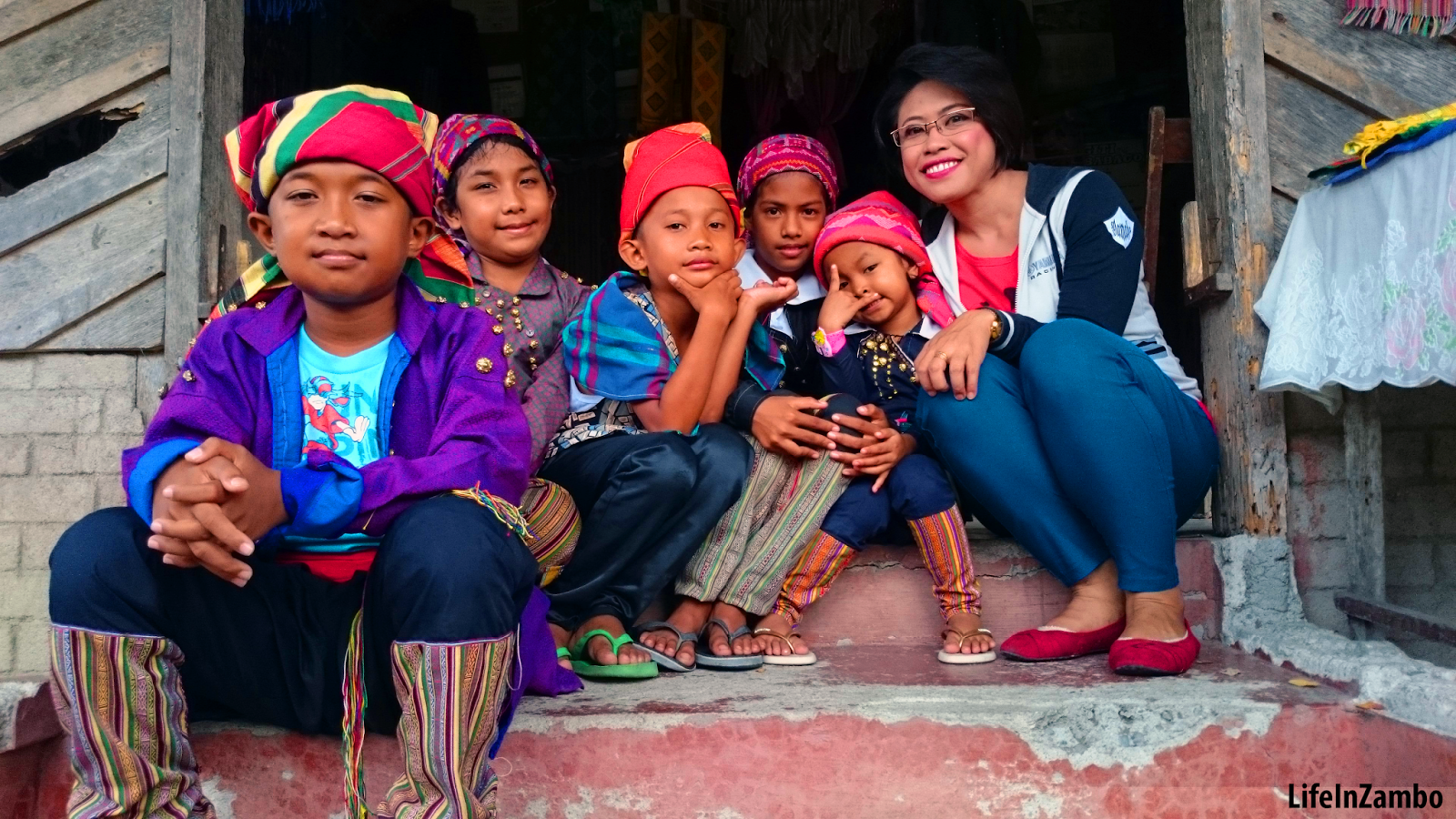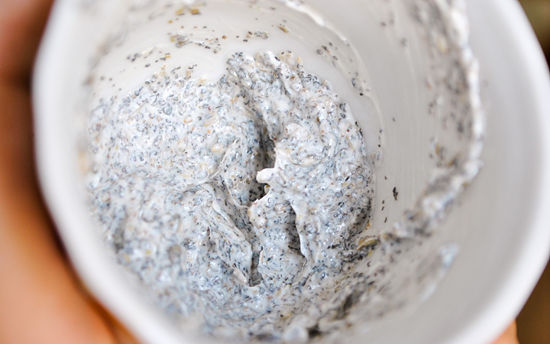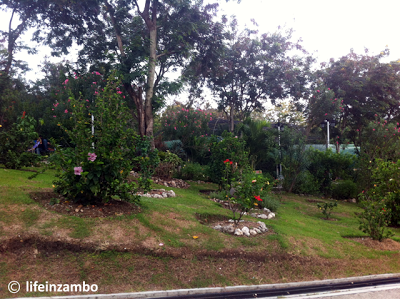Day 20 in Zamboanga City
Yesterday, I went on a run to the Red Zone. I brought along my ID, because just by flashing it, it gets me to places where not a lot can go to. Anyway, there were some documents that I needed at the office, and while it seemed quiet, I just got on the motorcycle and went. Every now and then, I'd still hear gunfire and explosions, but what's scary is that I've gotten so used to it that I don't even feel scared anymore.
Everything looked perfectly normal on the way to the City Hall. There were people around, traffic was even bustling. Everything looked normal except when I got to the boundaries set by the military. When I got to the entry point, I showed the soldier on duty my ID, he asked how long I'll be staying at the office, and I tell him that I won't be long. As soon as I got through the road block, it was a whole different world. The usual noisy, busy streets of the pueblo was so quiet, I swear I could even hear the wind. About fifty meters away from the first road block, a soldier called me to go back. This one was less respectful than the first one. I kinda felt like I was a criminal being told that I was at fault for something that I didn't even have an idea about.
One of the City Hall's guards, who just happened to be with them recognized me right away and got me through. The City Hall perimeter had more guards, whom I don't recognize, and more soldiers. So I slowly made my way to the second floor and got my stuff. After some chit-chat with some of the guys, there were less than ten of us in that office, I left and decided to do a detour.
Since war broke out, I haven't been to the evacuation centers, which was usually along my route to our store. So I went that way. The usual clear sidewalks, islands and even the unfinished site where the second phase of the Boulevard had tents provided by the government pitched up. I didn't dare get into the actual Grandstand. I've heard too many complaints about how bad it smells in there now. And that it's too tight in there.
Day 20 was also the day that my aunt's husband, my uncle, died. He had been ill for a few months which kept him from eating. The last time I saw him alive was on my birthday (I have two birthdays in a year, one for the Gregorian calendar, and another for the Lunar calendar). He can't get anything in at that time either.
We said our goodbyes to him, his students came to see him off with a prayer, which surprisingly for my age, I never even had any idea that we actually, at least the men, have to pray for the soul of the departed before getting him out of the house. Even if the death certificate hasn't been signed yet, due to the ongoing conflict, and that the Civil Registrar's Office has been closed since war broke out, they filled the forms out and got ready to leave.
A Muslim funeral march is quite a sight to see. Especially if many people honor you. Tall wooden sticks made to kind of look like Taiwan's tallest building wrapped in white cloth and adorned with scarves and malong were made. These were funeral flags. Writing this now, I wish I took pictures.
A coffin was made out of plywood and a wooden headstone (I shouldn't call it a headstone, it's not stone!) was carved as his grave's marker. The coffin by the way was just made so that he can be lifted in it, not buried in it. He's going in the soil wrapped in white cloth.
Since we were still at war, and the war was started by our fellow Muslim brethren, us peace-loving ones have been shoved deeper into being hated. Our customs have been mocked, and less and less non-Muslims have been closing their minds towards us. Now about fifty or so Muslim men and not so many women are going on a funeral march. A big truck loaded by men holding the flags and securing the dead will lead the march.
Those who do not know our customs will think that we are waving flags instead of marching the dead. So his sister, along with her husband, on a motorcycle, took hold of the documents proving that they are on their way to bury the dead before the day ends, went on ahead to inform the soldiers on the check points.
Scared and panicked soldiers waving their guns against students, young professionals and relatives are definitely not what we wanted, so precautions have been taken. My parents and I decided not to go with the march, since we were pretty worried about my father. He's diabetic, his right foot's swollen and four of his right toes no longer have toe nails and have pus and diabetes wounds on them.
He wasn't feeling too well and the march to the cemetery was not going to be good for him. I should probably ask how the burial went later today.
Everything looked perfectly normal on the way to the City Hall. There were people around, traffic was even bustling. Everything looked normal except when I got to the boundaries set by the military. When I got to the entry point, I showed the soldier on duty my ID, he asked how long I'll be staying at the office, and I tell him that I won't be long. As soon as I got through the road block, it was a whole different world. The usual noisy, busy streets of the pueblo was so quiet, I swear I could even hear the wind. About fifty meters away from the first road block, a soldier called me to go back. This one was less respectful than the first one. I kinda felt like I was a criminal being told that I was at fault for something that I didn't even have an idea about.
One of the City Hall's guards, who just happened to be with them recognized me right away and got me through. The City Hall perimeter had more guards, whom I don't recognize, and more soldiers. So I slowly made my way to the second floor and got my stuff. After some chit-chat with some of the guys, there were less than ten of us in that office, I left and decided to do a detour.
Since war broke out, I haven't been to the evacuation centers, which was usually along my route to our store. So I went that way. The usual clear sidewalks, islands and even the unfinished site where the second phase of the Boulevard had tents provided by the government pitched up. I didn't dare get into the actual Grandstand. I've heard too many complaints about how bad it smells in there now. And that it's too tight in there.
Day 20 was also the day that my aunt's husband, my uncle, died. He had been ill for a few months which kept him from eating. The last time I saw him alive was on my birthday (I have two birthdays in a year, one for the Gregorian calendar, and another for the Lunar calendar). He can't get anything in at that time either.
We said our goodbyes to him, his students came to see him off with a prayer, which surprisingly for my age, I never even had any idea that we actually, at least the men, have to pray for the soul of the departed before getting him out of the house. Even if the death certificate hasn't been signed yet, due to the ongoing conflict, and that the Civil Registrar's Office has been closed since war broke out, they filled the forms out and got ready to leave.
A Muslim funeral march is quite a sight to see. Especially if many people honor you. Tall wooden sticks made to kind of look like Taiwan's tallest building wrapped in white cloth and adorned with scarves and malong were made. These were funeral flags. Writing this now, I wish I took pictures.
A coffin was made out of plywood and a wooden headstone (I shouldn't call it a headstone, it's not stone!) was carved as his grave's marker. The coffin by the way was just made so that he can be lifted in it, not buried in it. He's going in the soil wrapped in white cloth.
Since we were still at war, and the war was started by our fellow Muslim brethren, us peace-loving ones have been shoved deeper into being hated. Our customs have been mocked, and less and less non-Muslims have been closing their minds towards us. Now about fifty or so Muslim men and not so many women are going on a funeral march. A big truck loaded by men holding the flags and securing the dead will lead the march.
Those who do not know our customs will think that we are waving flags instead of marching the dead. So his sister, along with her husband, on a motorcycle, took hold of the documents proving that they are on their way to bury the dead before the day ends, went on ahead to inform the soldiers on the check points.
Scared and panicked soldiers waving their guns against students, young professionals and relatives are definitely not what we wanted, so precautions have been taken. My parents and I decided not to go with the march, since we were pretty worried about my father. He's diabetic, his right foot's swollen and four of his right toes no longer have toe nails and have pus and diabetes wounds on them.
He wasn't feeling too well and the march to the cemetery was not going to be good for him. I should probably ask how the burial went later today.



Comments
Post a Comment